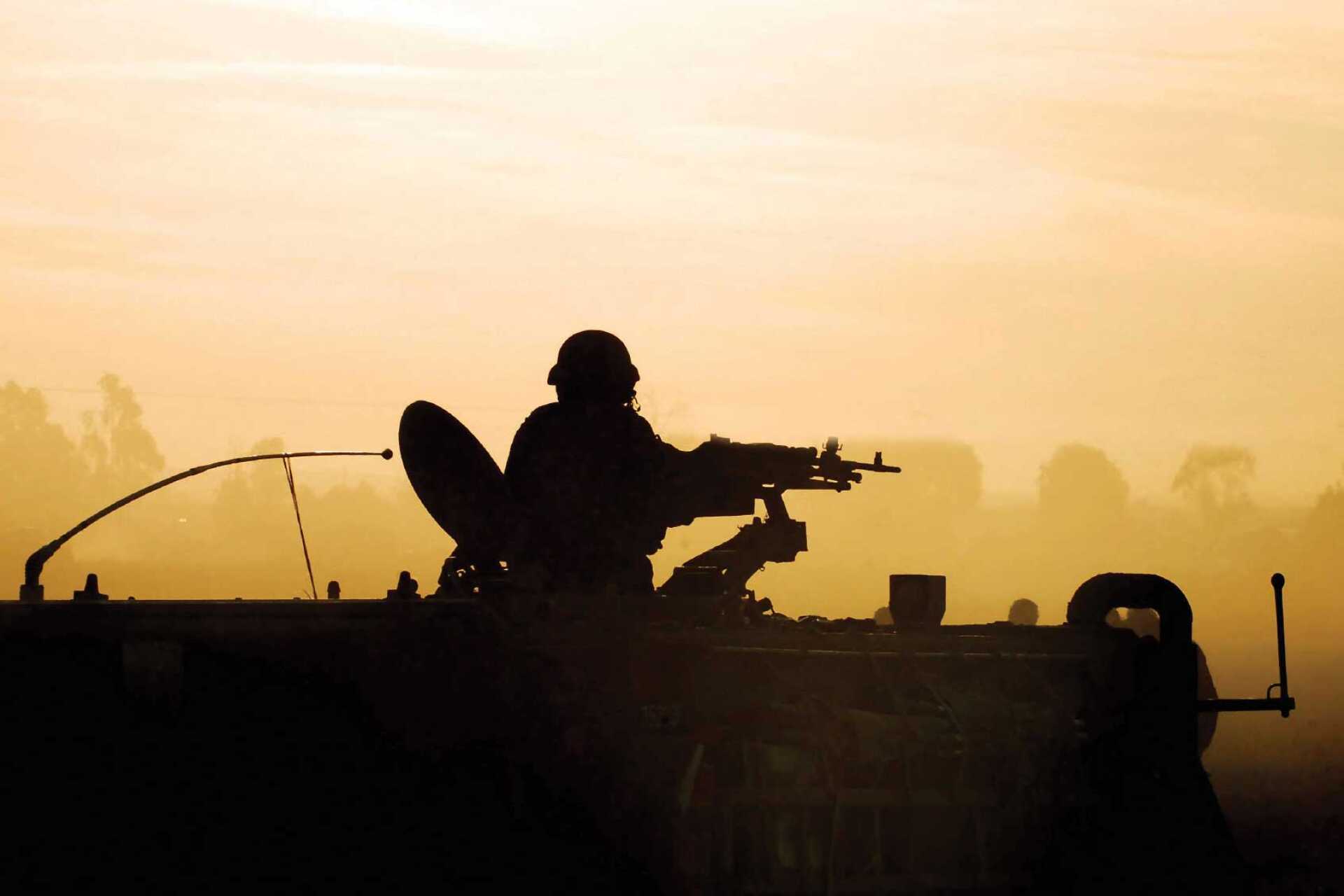Qualitative methods allow us to explore and understand complex phenomena in-depth. They are particularly well-suited for situations where the aim is to gain insights into the meanings, attitudes, beliefs, and experiences of individuals or groups.
After this module you will have gained the ability to apply critical qualitative methods to complex social issues, skills that are highly sought after in the job market. During your studies on the module, you will get a chance to apply your skills on real-life issues, with deep critical skills leaving you with the experience of being able to apply these both digitally and in real life.
This module focuses on the theory and practice of qualitative research and will give you a chance to develop and apply state of the art qualitative research methods skills. The module allows you to apply your skills, readying you for using these as a researcher and in future employment. It explores the various aspects of using and collecting qualitative data, how to analyse your findings and to present them.
The aim of the module is to illustrate a range of practical and advanced qualitative techniques while considering related problems of evidence and inference in qualitative analyses. You will be versed in a range of qualitative techniques in an interactive and real-life focused teaching and learning environment, and will have the opportunity to practice some of them, such as:
- the theory and practice of interviewing and different varieties of interview;
- ethnographic theory and method;
- critical discourse analysis;

